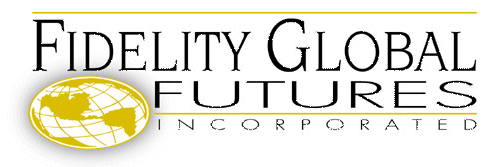
|
 |
| 1.
What
exactly is an option?
There is government-regulated exchange trading in two types of options on futures contracts, known as call options and put options. Which one to consider investing in will depend entirely on your price expectations. That is, on whether you expect the price of a particular commodity to go up or whether you expect it to go down. Call option. Purchasing a call option gives you a specific locked-in price at which you have the right - but not the obligation - to assume a long position in a commodity that you expect to increase in value. Thus, if you look for, say, the price of crude oil to go up, you'd buy a crude oil call option. Put option. Purchasing a put gives you a specific locked-in price at which you have the right - but not the obligation - to assume a short position in a commodity that you expect to decrease in value. Thus, if you look for the price of crude oil to go down, you'd buy a crude oil put option. One easy way to remember which is which is to think of the terms as "call up"' and "put down"'. Buying a call is a way to profit if prices go up. Buying a put is a way to profit if prices go down. If and when the market price of the commodity moves in the direction you anticipated, this will be reflected on a day-by-day basis in the value of your option rights. The more valuable your option rights become, over and above what you paid for them (including transaction costs), the larger your profit will be when you decide to sell or exercise the option. 877-4LEVERAGE
(877-453-8372) · 305-257-3337
(*Please note: futures and options trading involves risk of loss and may not be suitable for everyone) |








